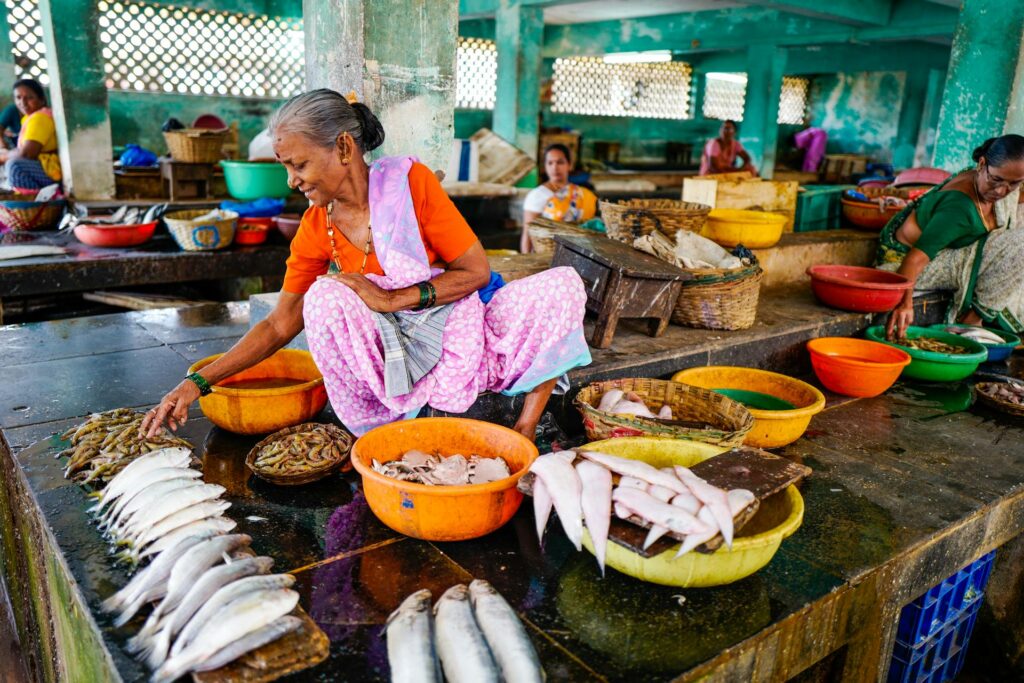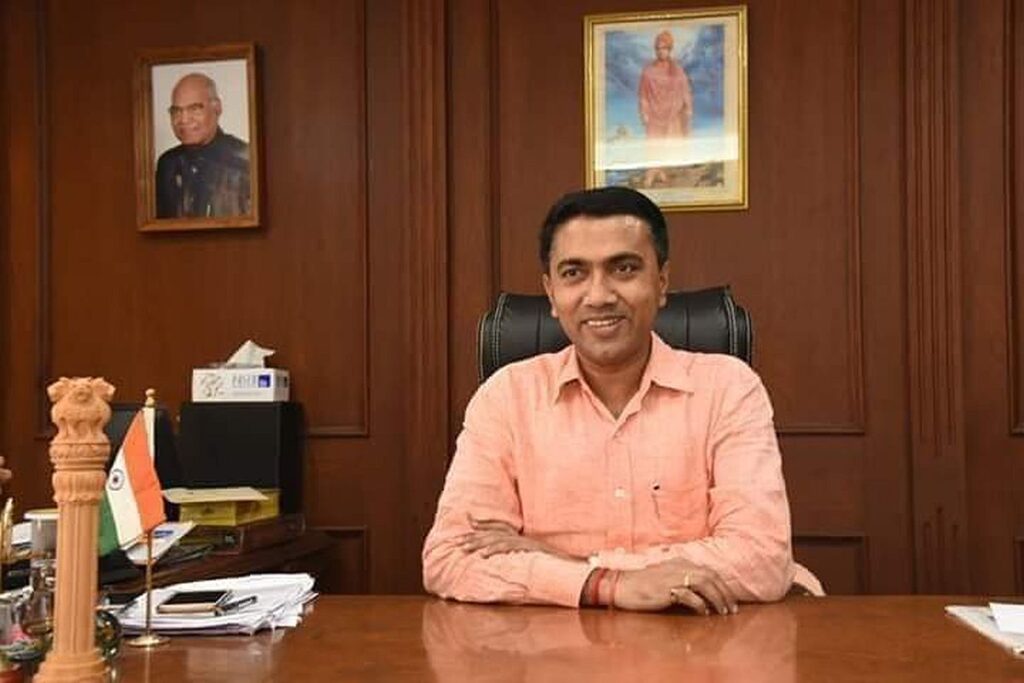Goa Chief Minister Pramod Sawant has found himself at the center of multiple corruption allegations in 2025, sparking political outrage and public discontent. From accusations of bribery in the Tribal Welfare Department to claims of illegal land deals and a cash-for-jobs scam, these controversies have cast a shadow over his leadership. This article explores the key allegations, their fallout, and what they mean for Goa’s governance, as reported by credible sources and discussed on social media platforms like X.
Tribal Welfare Department Bribery Scandal
In May 2025, Goa’s Art and Culture Minister Govind Gaude publicly accused the Tribal Welfare Department, overseen by Sawant, of widespread corruption. During a Prerna Din event, Gaude alleged that contractors’ files were cleared in exchange for bribes at the Shram Shakti Bhavan, pointing to administrative inefficiencies and lack of transparency. “A huge amount of taxpayers’ money is allotted to the tribal welfare department. If it’s unable to organise this programme efficiently, then it only shows a lack of control,” Gaude stated, as reported by The Indian Express.

Sawant responded swiftly, warning of “appropriate action” against Gaude for “irresponsible statements.” By June 18, 2025, Gaude was dropped from the cabinet, a decision Sawant confirmed was made after consulting the BJP’s central leadership. Goa BJP President Damodar Naik emphasized that the move was unanimous, citing “party discipline.” Gaude later attempted damage control, claiming the media misinterpreted his remarks and denying direct accusations against Sawant. However, the opposition, including Congress and Goa Forward Party, seized the opportunity, demanding probes into the allegations.
Cash-for-Jobs Scam Rocks Goa
Another major controversy involves an alleged multi-crore “cash-for-jobs” scam, with opposition parties accusing Sawant and BJP leaders of involvement. In October 2024, police investigations uncovered cases where individuals paid lakhs for promised government jobs that never materialized. By December 2024, 32 FIRs were filed, and 44 people were arrested across North and South Goa. Notably, Shruti Prabugaonkar, a former BJP mahila block president, was among those arrested, fueling opposition claims of political connections.

The Aam Aadmi Party (AAP) and Congress alleged that Sawant’s meeting with one of the accused, Pooja Naik, at his residence indicated complicity. AAP leader Sanjay Singh claimed, “This delay in her arrest proves the BJP government’s involvement.” Sawant denied these allegations, stating he had immediately reported Naik to the police and asserting that no political links were found in the investigations. Goa DGP Alok Kumar supported this, noting that the accused used politicians’ names to dupe victims but lacked direct ties to the government. Despite these assurances, opposition parties continue to demand a judicial inquiry or a Special Investigation Team (SIT) to probe the scam.
Illegal Land Deals and Environmental Concerns
Recent posts on X have amplified public frustration, accusing Sawant of enabling illegal land conversions and deforestation. Users claim that in 2025, Sawant removed protections from 8.64 sq km of private forests, allegedly handing them over to “land mafia” and builders. These posts, using hashtags like #CorruptSawantExposed, allege that Sawant dissolved expert committees and cleared 271 survey numbers, defying environmental laws and betraying Goans’ trust in preserving their ancestral lands. While these claims reflect strong public sentiment, they lack corroboration from primary sources and should be treated as inconclusive without further evidence.

In response, Sawant’s administration has emphasized its commitment to transparent governance, but the lack of detailed rebuttals to these specific land deal allegations has fueled skepticism. The government’s silence on these claims, combined with earlier accusations, has intensified calls for accountability.
Earlier Allegations: A Pattern of Controversy
This is not the first time Sawant has faced corruption charges. In 2021, former Goa Governor Satya Pal Malik accused Sawant’s government of “corruption in everything,” including mishandling COVID-19 resources and allowing illegal mining during the pandemic. Malik claimed his transfer to Meghalaya was a result of exposing these issues. The opposition, including Congress and Trinamool Congress, demanded Sawant’s resignation and a judicial probe, but the BJP dismissed Malik’s claims as “misinformed.”
In March 2025, former BJP minister Pandurang Madkaikar alleged paying ₹15–20 lakh to a minister’s assistant to clear a file, further tarnishing the government’s image. Madkaikar later retracted his statement, but the incident added to perceptions of systemic corruption.
Political and Public Fallout
The opposition has capitalized on these allegations, with Congress leader Yuri Alemao and Goa Forward Party’s Vijai Sardesai calling for anti-corruption probes and Sawant’s dismissal. On X, public sentiment reflects growing distrust, with users labeling Sawant as “India’s most corrupt CM” and criticizing his government’s handling of Goa’s natural resources.

Sawant has maintained a stance of zero tolerance for corruption, claiming investigations into the job scam are impartial and that no political connections have been found. However, the repeated allegations and cabinet infighting—evidenced by Gaude’s sacking and tensions with Health Minister Vishwajit Rane—suggest internal challenges within the BJP’s Goa unit.
What’s Next for Goa?
The controversies surrounding Sawant highlight broader issues of governance and transparency in Goa. The cash-for-jobs scam, tribal welfare department allegations, and unverified claims of land mafia dealings underscore the need for robust anti-corruption measures. Suggestions from Goa’s private sector, such as establishing an anti-corruption helpline similar to Punjab’s, could restore public trust if implemented.
As Goa approaches future elections, these allegations could reshape the political landscape. The BJP’s 13-year rule in the state faces scrutiny, and Sawant’s ability to address these concerns will determine his administration’s credibility. For now, the call for accountability grows louder, both in the streets of Panaji and on platforms like X.
YTC Ventures remains committed to uncovering the truth behind major stories impacting society. Stay tuned for more updates on this developing story.

Comments